Experts from across the globe met in London to discuss preventing Chinese transnational repression, focusing on the Uyghur diaspora. They proposed legal reforms, safe reporting mechanisms, international cooperation, and victim support.
Academics and representatives of civil society organisations from universities and institutions across the globe — including the United States, Europe, Australia, and Turkey — convened in London on June 26–27 for a workshop titled “Preventing Transnational Repression,” organised by the International Network for Critical China Studies (INCCS) and led by Dr David Tobin of the University of Sheffield. The event focused on analysing strategies to prevent Chinese transnational repression (TNR), with particular attention to the Uyghur diaspora.
Participants discussed the upcoming research report, “Preventing Transnational Repression – The Case of the Uyghur Diaspora,” by Dr David Tobin and researcher Nyrola Elimä. The report examines the definitions and mechanisms of TNR, as well as the impact of the Chinese Communist Party’s harassment of Uyghur diaspora members and civil society organisations.
Key Recommendations
Breakout sessions at the workshop produced a comprehensive list of recommendations for governments, civil society, and international actors, including:
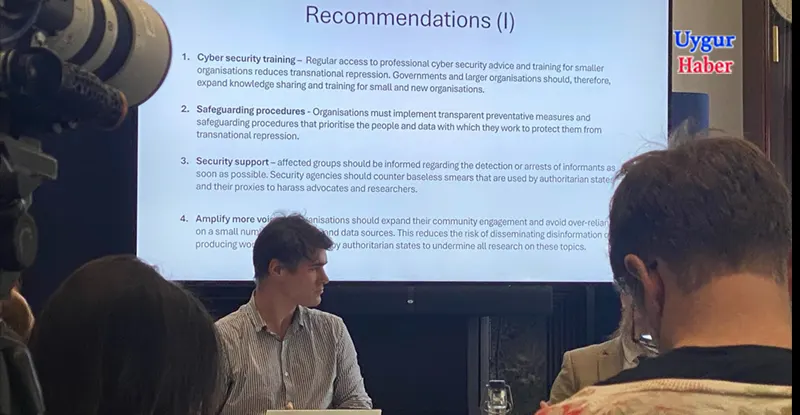
Establish Clear Guidelines and Enhance Understanding of TNR: There is a need for shared definitions and improved documentation of the actors and tactics involved in TNR, such as surveillance, digital intimidation, threats to families abroad, and forced returns.
Develop Safe, Accessible, and Anonymous Reporting Mechanisms: To address fear-driven underreporting, secure channels such as hotlines, mobile apps, and anonymous submission platforms must be implemented.
Strengthen Inter-agency and International Coordination: Effective prevention requires cooperation across government branches and international networks through shared databases and coordination mechanisms.
Enact Robust Legal Frameworks and Ensure Accountability: National laws should be adopted to criminalise TNR and hold perpetrators of state-sponsored human rights violations accountable.
Bolster Education and Awareness: Awareness campaigns should target both diaspora communities and frontline government officials, including training on how to identify and respond to TNR.
Increase Funding and Institutional Support for Research and CSOs: Sustained support is needed for academic research and grassroots organisations working directly with affected communities.
Prioritise Victim Support and Protection: Governments and NGOs must ensure trauma-informed care, fast-track asylum processes, and establish victim-centred feedback mechanisms.
“Grassroots movements need more support”
Enver Can, senior activist and founding president of the Ilham Tohti Initiative, highlighted the significance of the workshop and commented to Uygur Haber: “As China intensifies its transnational repression against human rights activists around the world, we are witnessing the emergence of more civil society initiatives to defend the victims and curb the CCP‘s infiltration efforts into Western democracies. As part of countermeasures to forestall China’s westward expansion and infiltration drive, grassroots movements need greater support.”
Please credit the source if you copy or republish this article.

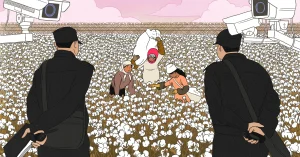
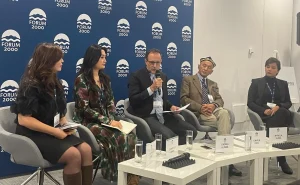

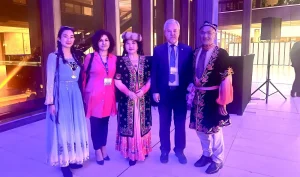

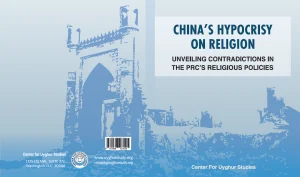
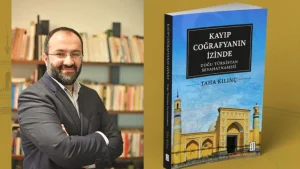
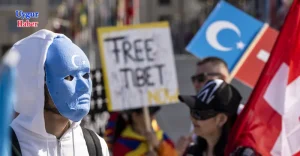
Be First to Comment